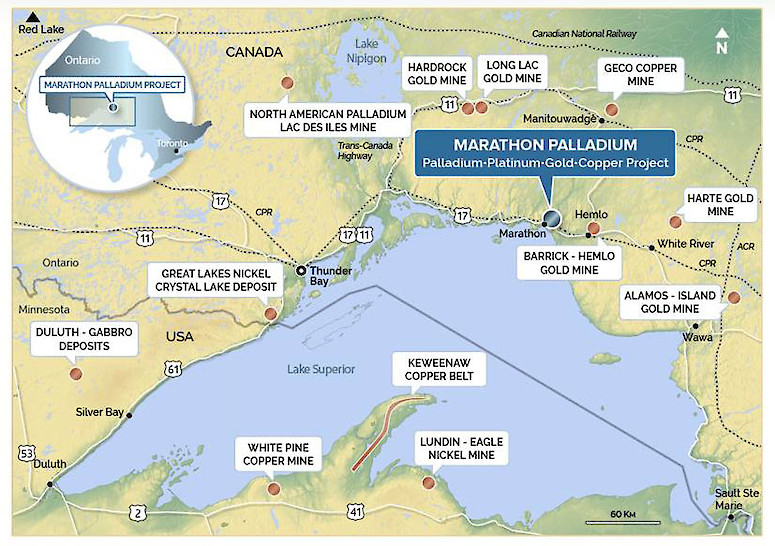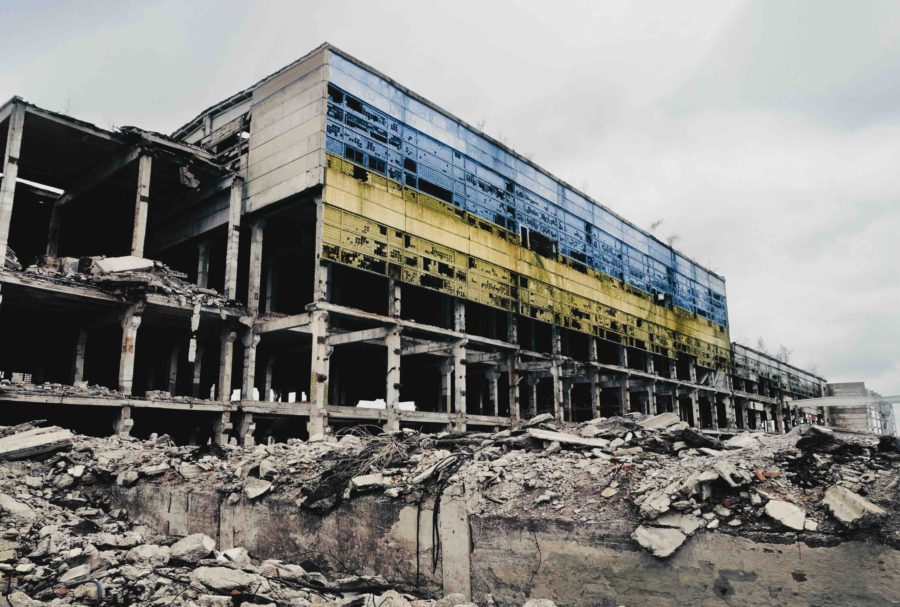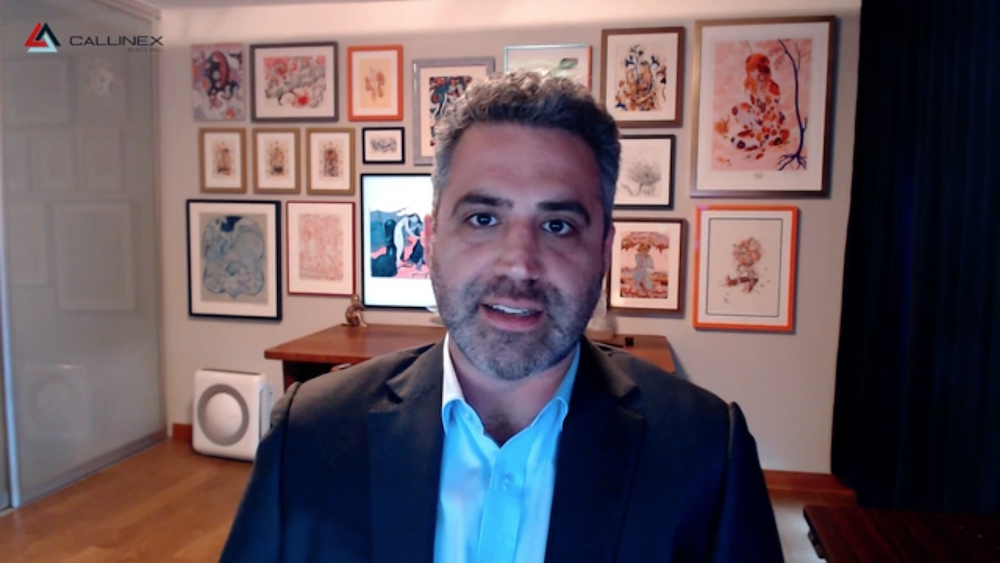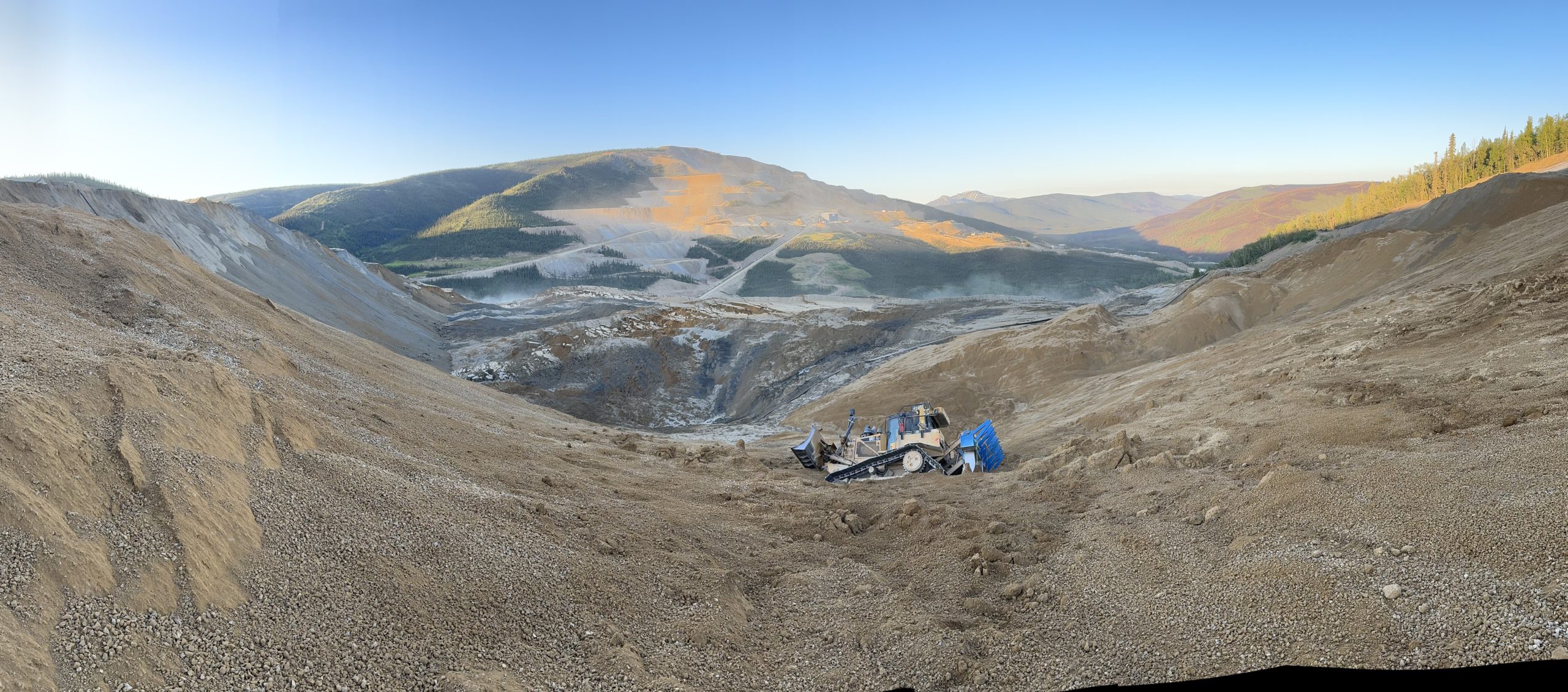The copper-PGM concentrate metal assays ranged from 18.7% to 19.7% for copper, 18.6 g/t to 171 g/t for palladium, 4 g/t to 43.5 g/t for platinum and 2.7 g/t to 17.6 g/t for gold.
After completing the first phase of bench-scale metallurgical testing in August, which increased metal prior metal recovery projections, the second phase of work started in September.
Although the most recent platinum recoveries appear lower when compared with August’s results, the release notes that the decrease is a function of lower bulk composite head grades, and “is not considered a material impact to the established recovery equation to be used in the feasibility study.”
The latest test program included locked cycle flotation testing and pilot plant trials. According to the release, the recent work confirmed the company’s metal recovery expectations from the first phase of testwork.
The company also evaluated the use of Woodgrove Direct Flotation Reactor technology for cleaner circuit flotation for the feasibility study.
“We are extremely pleased with the work completed in both the Phase 1 and Phase 2 metallurgical testing programs. We have advanced on a feasibility design that includes an annual production rate of 9.2 million tonnes per year and believe the plant flowsheet and design is an improvement on prior concepts with key elements greatly de-risked.,” Jamie Levy, Generation Mining’s CEO, said in a release.
The executive added that the results of the feasibility study are expected later in the first quarter of 2021.
The process flowsheet envisioned for the project includes crushing, milling, flotation, concentrate regrinding and three cleaning stages to generate the copper-PGM con. A PGM scavenger circuit on the rougher tailings adds incrementally to the metal recovery numbers and is now studied for the feasibility.
Pit-constrained resources within the Marathon deposit stand at 179.2 million measured and indicated tonnes, at 1.24 g/t palladium-equivalent (based on contained palladium, platinum, copper, gold and silver), for a total of 7.1 million palladium-equivalent oz. Additional inferred resources add 668,000 tonnes, grading 0.95 g/t palladium-equivalent, for a further 21,000 palladium-equivalent oz. Further mineral resources are contained within the smaller Geordie and Sally deposits at the property.
A A January 2020 preliminary economic assessment of the project defined a 14-year open pit operation, producing an average of 194,000 oz. palladium-equivalent annually at all-in sustaining costs of US$586 per oz. palladium, net of by-product credits. With a pre-production capital cost estimate of $431 million, the after-tax net present value estimate for the development comes in at $871 million, at a 5% discount rate.
For more information, visit www.GenMining.com.




